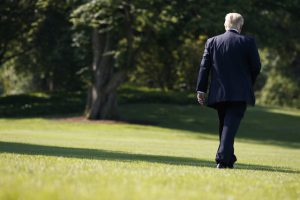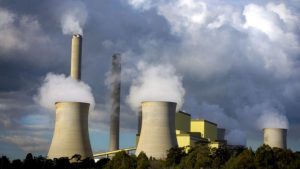The South African Renewable Energy Council (SAREC) has strongly opposed “the blatant distortion of facts associated with the cost of renewable power purchases,” by the country’s public power company, Eskom, saying it was an opportunistic attempt against the renewable energy sector.
Together with various independent energy bodies, SAREC said it believed that Eskom is, without a doubt, being opportunistic in its attempt to mislead and deceive the public on RE, to serve its bid for nuclear power.
“By taking a short-term view, Eskom have deliberately distorted tariff effects. Government’s decision to invest in a renewable power purchase programme stands to benefit the country’s economy in the long term,” said Brenda Martin, Chair of SAREC.
A statement on this from SAREC’s webpage stated that the Council for Scientific and Industrial Research (CSIR) made clarifications that the real value of the projects arising from the first three bid window lies in the cost reductions achieved for solar PV and wind to 62c/kWh, which is 40% cheaper than new coal.
It explained that these reductions would not have been possible in the absence of the competitive bidding associated with the Renewable Energy Independent Power Producer Procurement Programme (REIPPPP).
According to it, in addition to significant tariff decline over the past years, in 2016, renewable power plants produced roughly 6TWh, adding that the entire bid window four solar PV and wind projects, for which Eskom’s signature under the PPAs is outstanding, will produce 9TWh/yr.
“Simply put, this shows that for Round 4 projects, the country will be paying 45% less each year for 50% more energy, compared to the projects already operational. These new renewable power projects will therefore be almost cost neutral from a purely fuel-saving perspective.
“Any consideration of whether renewable power has cost or benefited the South African economy should look beyond short term cost-avoidance, to long term benefit and proven cost reductions over time. For example, while the first three bid rounds of solar PV and wind have resulted in tariff payments of roughly R12 billion in 2016, the fourth round of solar PV and wind projects will trigger tariff payments of merely R6.6 billion per year,” added Martin.
The statement equally stated: “It is worth noting that with the first three bid rounds of the REIPPP Programme, the South African government effectively made a sound investment decision into new power generation technologies, knowing that learning curves would kick in, and – as has been proven, costs would decline over time.
“SAREC hopes that Eskom will sign all outstanding renewable power purchase agreements as a priority. Doing so will ensure that South Africa is able to realise the benefits of the sound investment decisions made by government in 2011.”





